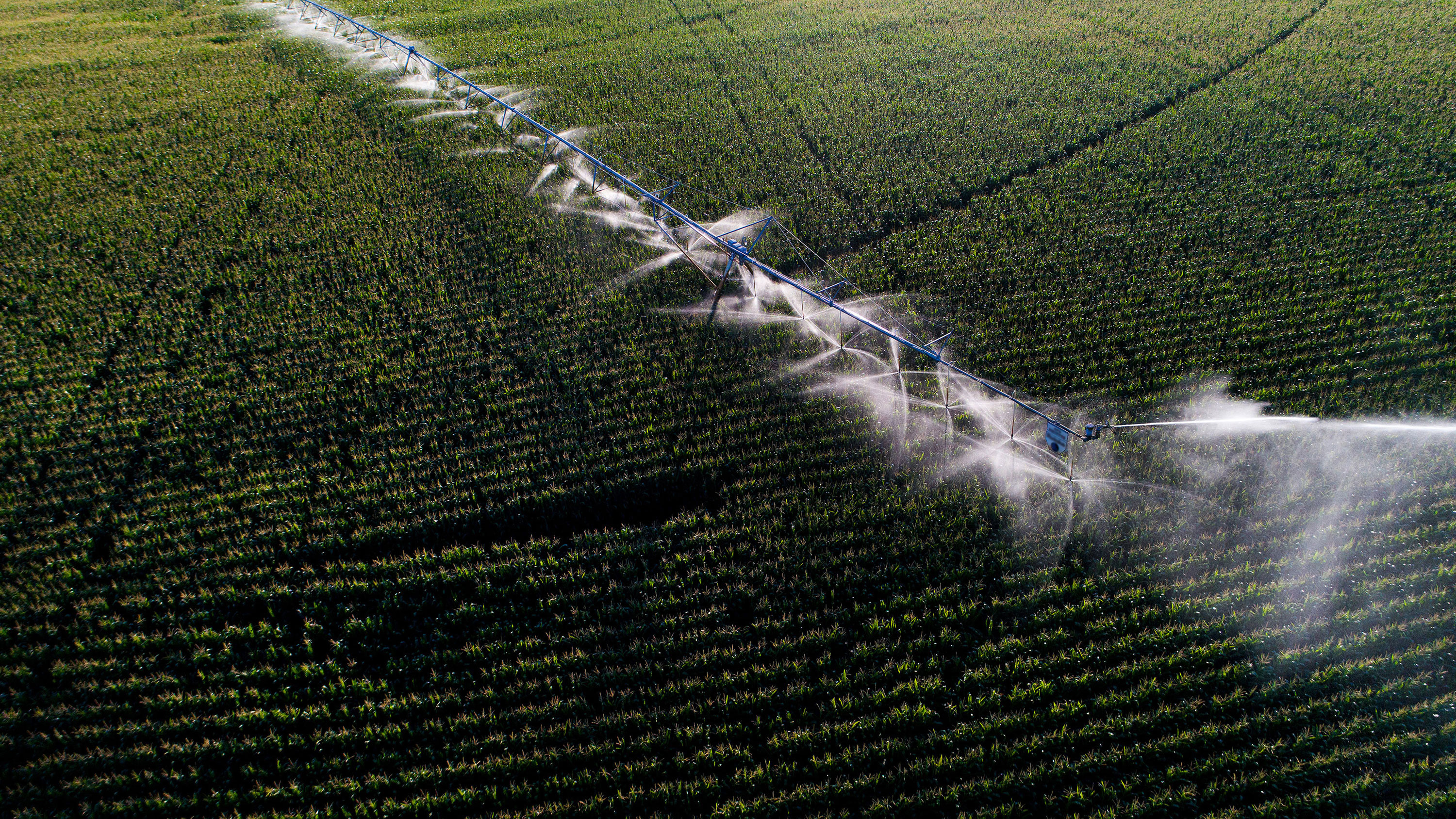Fran tenBensel Benne | Agronomy and Horticulture
Scientists and graduate students from institutions around the Midwest and abroad can attend the free 2022 Nitrogen Use Efficiency Workshop Aug. 1–3 hosted by the University of Nebraska–Lincoln’s Department of Agronomy and Horticulture and Department of Biological Systems Engineering.
The title of this year’s workshop is “Demystifying Water and Nitrogen Management with Dynamic Solutions.”
The NUE Workshop is about networking and exchanging innovative ideas around nitrogen, which remains a huge priority among academia, industry and stakeholders. This event represents an opportunity for graduate students and scientists to network with industry representatives and establish collaborations. Graduate students will have the opportunity to compete in a poster presentation competition and the data hackathon team competition.
“Many of the attendees will not be familiar with water management concepts and tools, so we want to feature these,” Laila Puntel, assistant professor and event coordinator, said. “We want to promote the moving forward on N management. New technologies will be discussed, and active interdisciplinary collaboration will be encouraged.”
This event began in 1996 hosted by the University of Nebraska–Lincoln and the University of Oklahoma and has been held annually apart from 2020 and 2021 during the pandemic. Since 2003, the group hosting has included most Midwest universities in the corn belt. Nebraska last hosted this event in 2004.
Participants have included individuals from Canada, Argentina, Mexico, Australia, Germany and Brazil. Originally designed as a workshop, discussions and presentations are built around sensor-based methodologies that can increase NUE in cereal production systems. Both engineering and agronomic problems continue to be addressed by this group that hopes to deliver “by-plant” N management.
The NUE Workshop team of Puntel; Guillermo Balboa, research assistant professor in agronomy and horticulture; Joe Luck, associate director of the Eastern Nebraska Research, Extension and Education Center and associate professor in biological systems engineering; James Schepers, emeritus professor of soil and water sciences; and Laura Thompson, associate extension educator, have been planning the event for more than a year.
“The upcoming event in Nebraska is unique because it offers the opportunity to highlight the essential role of water management when it comes to N management decisions,” Balboa said. “The goal is to facilitate the discussion around strategies for the effective reduction of N losses to the environment, critical for the state of Nebraska and beyond.”
The team hopes the workshop can help to increase the awareness of the existing technology for nitrogen management and discuss the weaknesses and strengths of the existing tools.
“Collaboration among stakeholders could result in innovative methods to translate science into practice that can be utilized by corn producers in Nebraska,” Thompson said.
The themes for this NUE workshop include:
- Using Crop Modeling to Demystify the N Cycle;
- Soil Health, NUE Indicators and Biologicals: How do we Manage N in a C-Centric Era?;
- Using Weather Uncertainty to Promote More In-season N Applications;
- N Tool Fusion: Are we Resolving N x Weather Ambiguities and Closing the Gaps? and
- Innovations for N Management: A Push Out of the Box – Machine Learning and Artificial Intelligence.
See the full agenda here.
The team said they are thankful for the institutions and companies who are promoting and sponsoring this event allowing the workshop to be free for all attendees.
Go to go.unl.edu/2022nue for more information and to register.
Contact Laila Puntel at lpuntel2@unl.edu with any questions.
